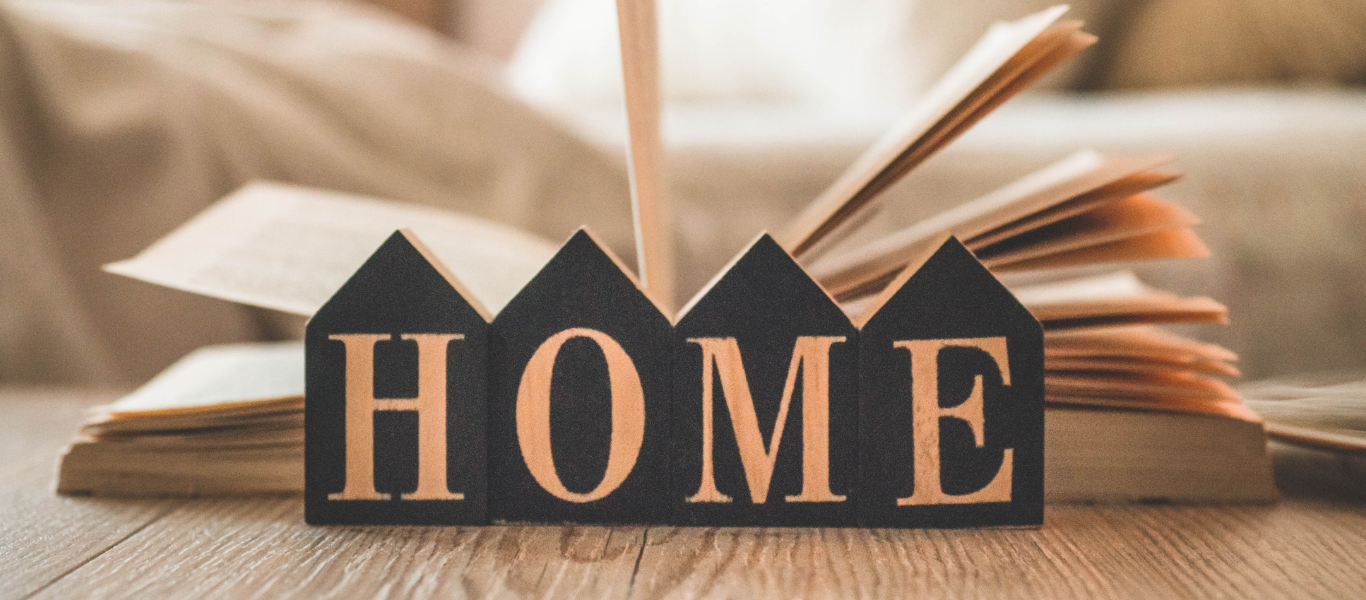Published February 17, 2025
The Homeowner’s Guide I Wish I Read Sooner


Becoming a homeowner is a monumental milestone, a dream come true, and a significant step toward building a future. It's an achievement that brings a sense of pride and accomplishment, but it's also one that comes with a steep learning curve, filled with challenges and new responsibilities. When I first crossed the threshold of my new home, I was filled with excitement, dreams of decorating each room, and visions of creating lasting memories within those walls. Yet, as the days turned into weeks and the initial thrill settled, I realized there was so much I didn't know—unexpected repairs, maintenance schedules, and financial management, just to name a few. Navigating the complexities of homeownership can be overwhelming, and it's easy to feel unprepared. This is the guide I wish I had read sooner, filled with practical tips, insights, and lessons learned from my own journey, all aimed at making the transition smoother and more enjoyable for any new homeowner. Whether you're just starting out or in the thick of it, I hope these insights will help you embrace the adventure of homeownership with confidence and ease.
Basic Homeowners Guide You Should Know
1. Budgeting Beyond the Mortgage
Owning a home is more than just paying the mortgage. There are property taxes, insurance, maintenance, and unexpected repairs. Create a dedicated home maintenance fund to cover these hidden costs. A general rule of thumb is to set aside 1% of your home's purchase price annually for maintenance. For example if your home costs $300,000, aim to save $3,000 each year

2. Understanding Your Home's Systems
Take time to familiarize yourself with the essential systems in your home, like heating, cooling, plumbing, and electrical. Know where the shut-off valves and circuit breakers are located. This knowledge can save you time and money in emergencies. Consider taking a basic home maintenance or repair course—many community colleges or local hardware stores offer them.
 "
"
3. Energy Efficiency is Key
Improving your home's energy efficiency can significantly reduce your utility bills. Simple actions like installing LED light bulbs, sealing windows and doors, and using a programmable thermostat can make a big difference. For a more significant impact, consider upgrading to energy-efficient appliances and improving your home's insulation.
 "
"
4. Routine Maintenance is Essential
Regular upkeep can prevent minor issues from becoming major problems. Create a seasonal checklist to keep your home in top shape. In the spring, check your roof and gutters; in the summer, focus on your HVAC system; autumn is ideal for servicing your heating system, and winter is the time to inspect your plumbing for leaks and insulation.
 "
"
5. Cultivate a Network of Trusted Professionals
Having a reliable plumber, electrician, and handyman can be invaluable. Ask neighbors for recommendations and read online reviews. Building a relationship with these professionals can ensure you get timely and trustworthy service when you need it most.
 "
"
6. Insurance is Not Just a Formality
Your home is likely your most significant investment, so protecting it with the right insurance is crucial. Review your policy annually and make sure it covers not just the building but also your possessions and any liability issues. Don't forget to consider flood or earthquake insurance if you're in a risk-prone area.
 "
"
7. Embrace DIY, But Know Your Limits
Tackling DIY projects can be rewarding and cost-effective, but it's important to know when to call in the professionals. Small tasks like painting or minor landscaping can be great weekend projects, but electrical work or major plumbing repairs are best left to the experts.
 "
"
8. Community Involvement Enhances Value
Get to know your neighbors and participate in community events. A strong neighborhood network can provide support, security, and a sense of belonging. Plus, active communities tend to have better property values.
 "
"
9. Long-term Planning is Crucial
Think about your long-term goals for the property. Are you planning to stay for the long haul, or is this a stepping stone? Your plans will affect how much you invest in renovations or upgrades. If resale is in your future, focus on projects that add value, like kitchen and bathroom remodels.

10. Enjoy Your Space
Amid all the planning, saving, and maintaining, don't forget to enjoy your home. Create spaces that reflect your style and bring you joy, whether it's a cozy reading nook, a vibrant garden, or a lively kitchen for entertaining.
 "
"
Owning a home is a journey filled with learning and growth. By adopting these strategies, you'll not only protect your investment but also enhance your living experience. This guide isn't just about maintaining a house; it's about creating a home. I hope these insights help you as much as they have me. Welcome to the world of homeownership—may it be fulfilling and rewarding.
 "
"
Paula Burrows
MANAGING BROKER





